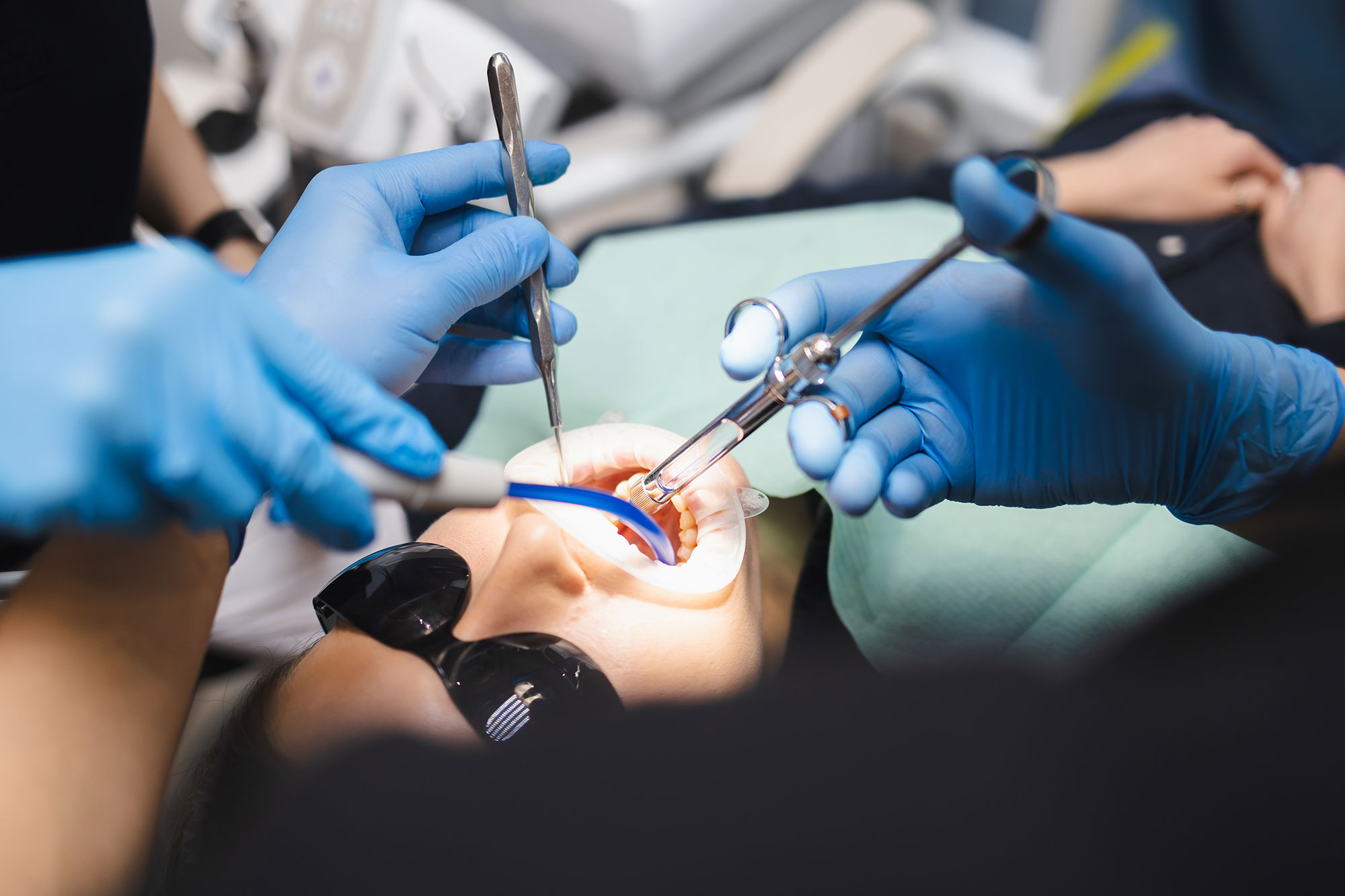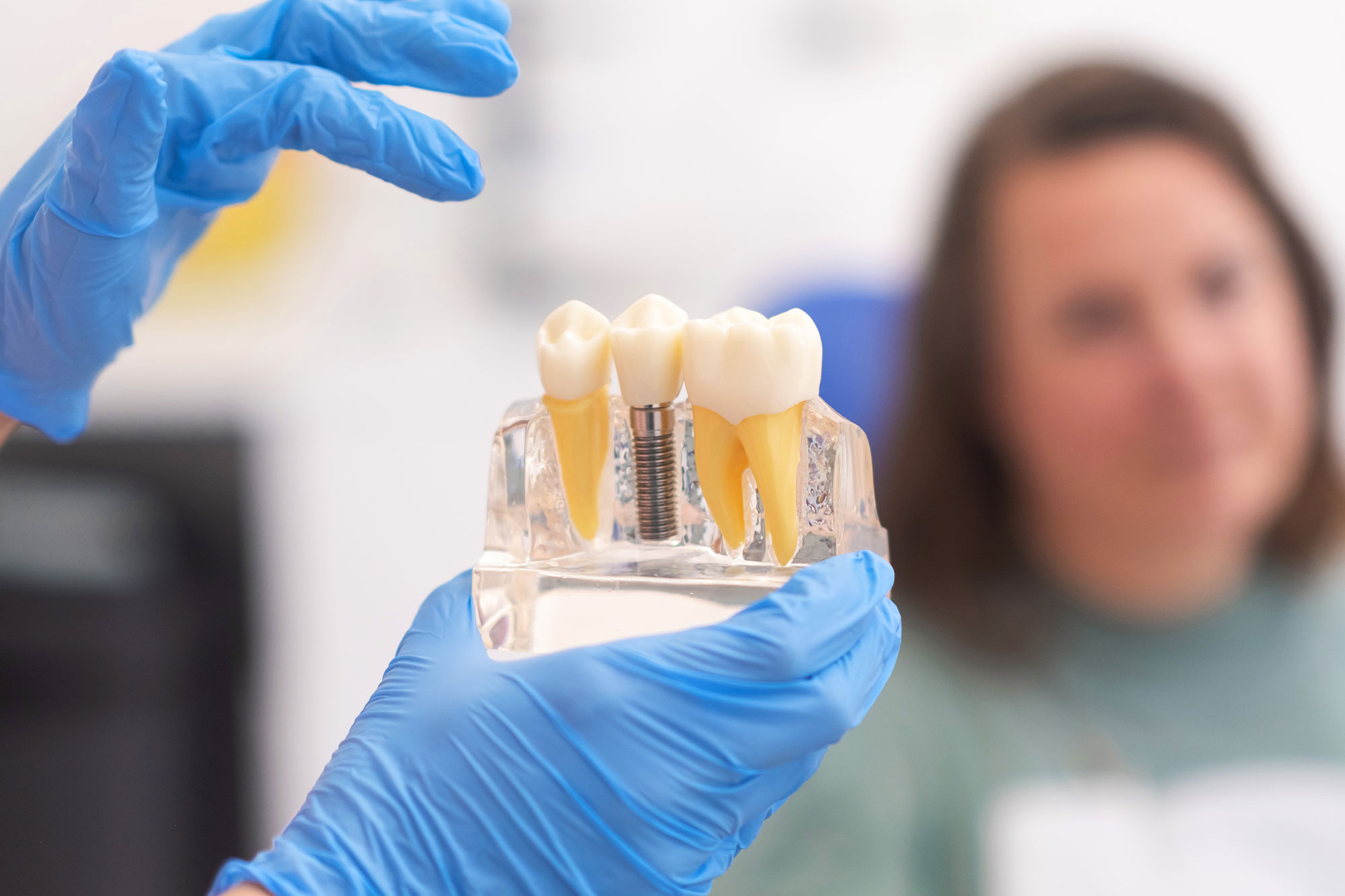A dental appointment to get a single filling can be daunting, but hearing you need several cavities filled in one sitting can be downright intimidating. The good news is that the process is far more routine–and comfortable–than most patients realize. Dentists often recommend treating multiple teeth in a single visit because it’s efficient, it reduces...
Author: Staff ( Staff)
Pulp Capping vs. Root Canal: Saving the Nerve When Decay Is Close
When a dentist says a cavity is deep, many patients assume a root canal is the only option. In some cases, though, there is another treatment that may save the tooth’s natural nerve. This procedure is called pulp capping. Understanding how pulp capping differs from a root canal can help patients better understand their treatment...
How Choosing a Family Dentist Can Save You Money
Root Canal or Extraction: How Do I Decide When I’m In Pain Today?
The pain and discomfort of a toothache can make it difficult to eat, sleep, and concentrate. You want relief, and you want it as soon as possible so you can get back to your day-to-day activities. Depending on what’s wrong with the tooth, a dentist might recommend either a root canal or tooth removal. While...
Same-Day Crowns: Are They Worth the Premium?
Dental crowns are a common and effective way to repair teeth that are cracked, broken, or weakened by decay. Traditionally, getting a crown involves two or more dental visits. First, the dentist removes decay and places a temporary crown. Then, after a period of healing, the dentist places a permanent crown that has been crafted...
GLP-1 Medications: What Your Dentist Should Know
These days, it’s hard to go a day without hearing about medications like Ozempic®, Wegovy®, and Mounjaro®. These GLP-1 drugs are becoming more popular and frequently prescribed because they are effective for helping patients manage diabetes and lose weight. Lots of patients take GLP-1s every week without trouble in their daily lives. But, GLP-1s can...
My Temporary Crown Hurts—Is This Normal or a Red Flag?
For many people, getting a dental crown is stressful, and walking around for two weeks with a temporary crown can add an additional layer of stress. Although this prolongs the process, it is quite safe and goes smoothly for most. Still, sometimes when a temporary crown hurts to bite down on or you get a...
Why Kids Grind Their Teeth (and When Parents Should Worry)
It’s not uncommon to hear kids grinding their teeth, especially at night. In fact, research has shown that up to 49% of children have pediatric bruxism—a condition characterized by grinding and involuntary clenching of the teeth. It usually happens during sleep, but some do it subconsciously while they’re awake. Teeth grinding in kids is fairly...
How Long Do Dental Implants Really Last? What Patients Should Know
When patients see the sticker price of dental implants, they often wonder why they cost so much more than dentures or bridges. The answer is that unlike other tooth replacement options, dental implants look, feel, and function almost the same as the real thing—and can last decades if properly cared for. Here, we’ll explain why,...
Dry Mouth at Night: Why It Happens and How Dentists Treat It
Occasional dry mouth at night can result in bad breath and a scratchy throat in the morning. But if it happens often, it can lead to more than just minor discomforts. Those with chronic dry mouth are more vulnerable to dental conditions like tooth decay and gum disease. Not only is this detrimental to one’s...











